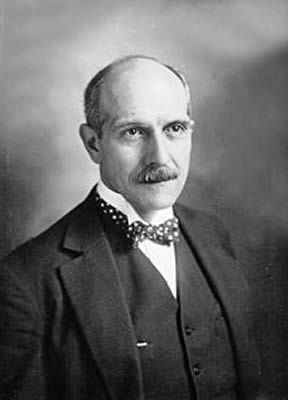

Caillat asked if he could swing open the giant window to film Louis leaning out over town.

Occasionally, you could see the drama student’s checklist reel through his mind: He would straighten his spine, press his shoulders back and down as he looked into the camera. His sentences are punctuated with a lighthearted, reassuring laugh. He seems, however, to have skirted the complicated psychological dynamics that youthful fame can inflict. He is also one of France’s most widely read and internationally successful novelists. They requested a sound test, and Louis, who attended a performing-arts high school in Amiens, sang a short tune, an old song by the ’70s French pop star Daniel Balavoine called “The Singer”: “I want to succeed in life, be loved, be beautiful, earn money/Above all be intelligent/But for all that, it’s a full-time job.”Īt 28, Louis is tall, statuesque, with sharp, angular features. “When you arrived, it wasn’t like that.”Ī cameraman and a sound operator closed in on Louis as Caillat positioned him. “Now you have Amiens at your feet,” Caillat said. Louis was in the midst of a preliminary shoot for a documentary with the working title “Édouard Louis, or the Transformation,” and the filmmaker, François Caillat, had rented the apartment for its views. On one wall hung a painting that bore the owner’s name, which somewhat stereotypically depicted four African masks suspended in a cloud of hieroglyphs across from it stood a display case containing regional glassware and a number of vintage die-cast cars. The apartment belonged to someone called Noppe, who must have been an amateur artist and collector with a nostalgic idea of globe-trotting. He said hello warmly before resuming his position in front of a large window, which looked onto a boulevard that cut through town and then vanished into green fields. Édouard Louis opened the door to the apartment at the top of the Tour Perret, the only skyscraper in the northern French city of Amiens.


 0 kommentar(er)
0 kommentar(er)
